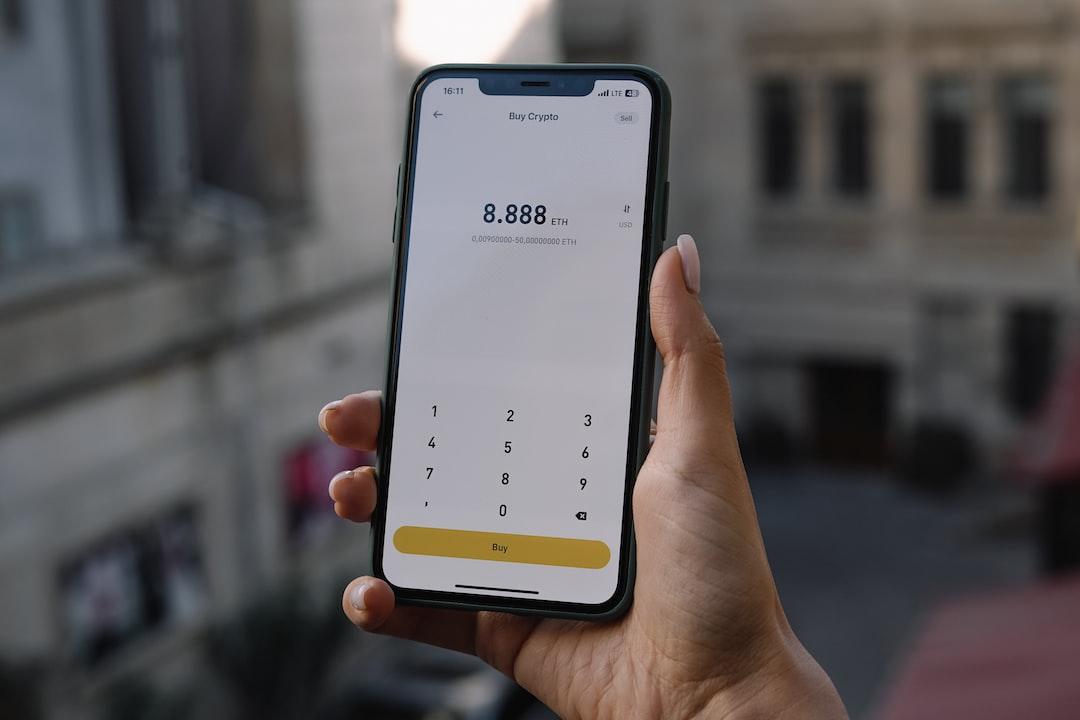Nigeria’s Securities and Exchange Commission (SEC) has proposed an amendment to the regulations governing crypto service platforms, suggesting an increase in the registration fee for crypto exchanges from 30 million naira ($18,620) to 150 million naira ($93,000).
The SEC stated that the proposed changes were made to provide clarity and incorporate suggestions from industry stakeholders, particularly regarding recent engagements with the Central Bank of Nigeria. The initial rules and guidelines for all crypto and digital asset service providers were issued by the Nigerian SEC in May 2022. However, on March 15, 2024, an amendment to the rules was suggested.
Under the updated guidelines, digital asset exchanges, digital asset offering platforms, and digital asset custodians will be required to pay an application fee of 300,000 naira ($186), previously 100,000 naira ($62). The processing fee has also increased from 300,000 naira ($186) to 1 million naira ($620), while the registration fee has risen by 400% from 30 million naira ($18,620) to 150 million naira ($93,102).
Another proposed change involves renaming the rules and guidelines from “New Rules on Issuance, Offering Platforms and Custody of Digital Assets” to “Rules on Digital Assets Issuance, Offering Platforms, Exchange, and Custody.” The SEC stated that these amendments aim to enhance clarity and incorporate input from industry stakeholders, as well as insights gained from recent discussions with the Central Bank of Nigeria.
While the SEC attributes the proposed changes to input from industry stakeholders, some have criticized the requirement of a 500 million naira ($310,343) paid-up capital. They argue that such a high fee would primarily benefit foreign firms and disadvantage local entities.
Nigeria has become one of the world’s fastest-growing crypto economies in recent years. In 2023, it was the second-largest economy in terms of crypto adoption. Additionally, Nigeria was named the most crypto-obsessed country in the world based on the number of Google searches for “cryptocurrency” or “buy crypto.”
According to the Financial Times, Nigeria abandoned its currency peg and allowed the naira to trade freely in June 2023, resulting in record-high inflation. In January 2024, Nigeria’s consumer inflation rose for the 13th consecutive month, reaching nearly 30%, according to data from the National Bureau of Statistics.

